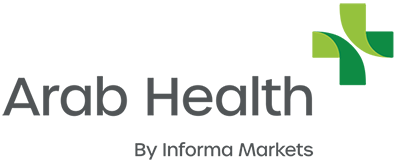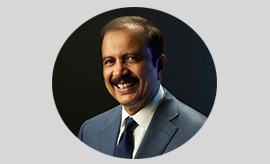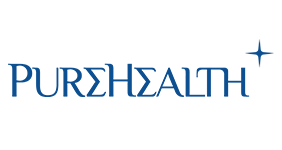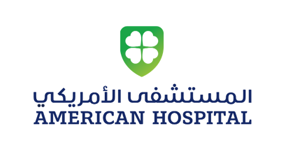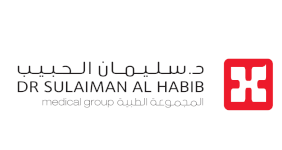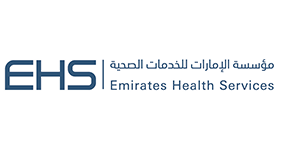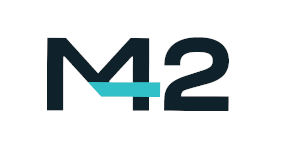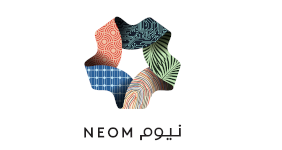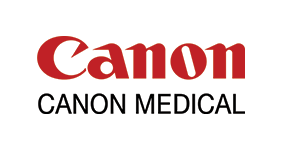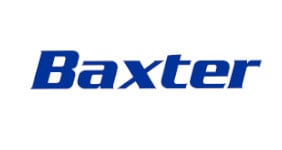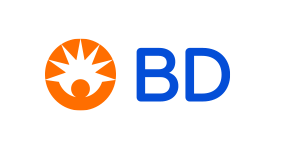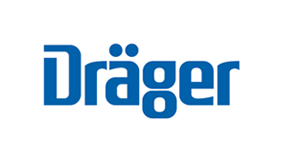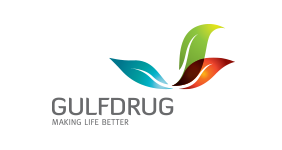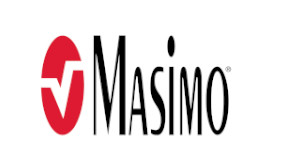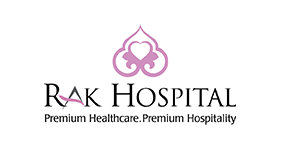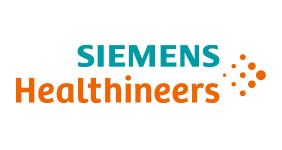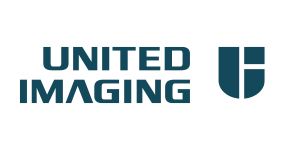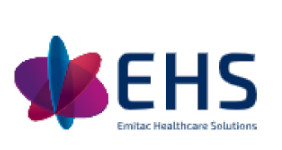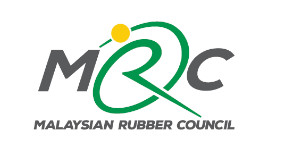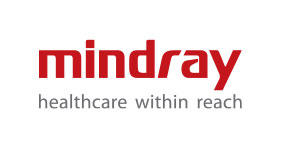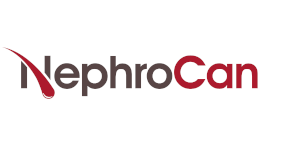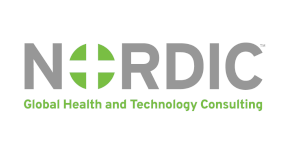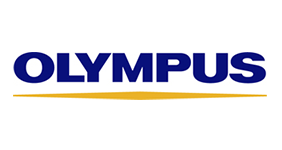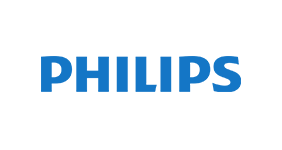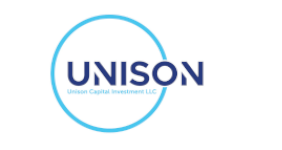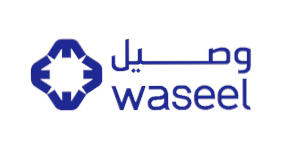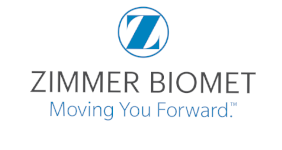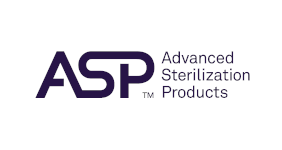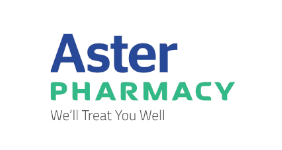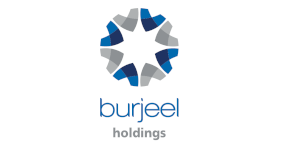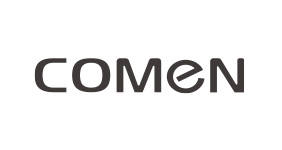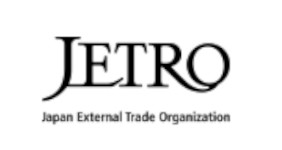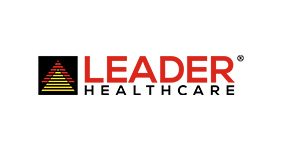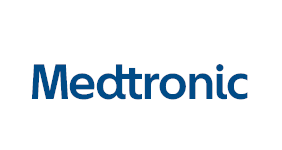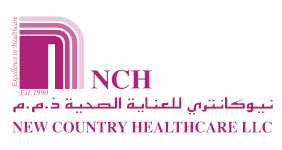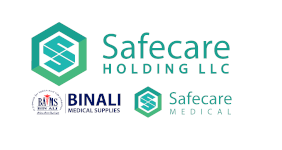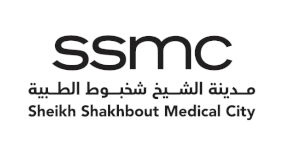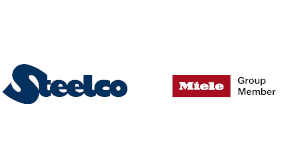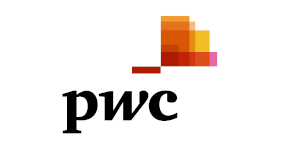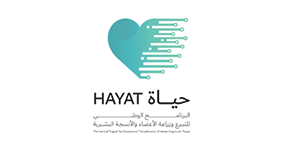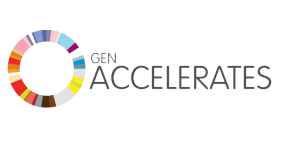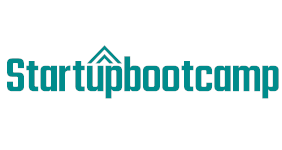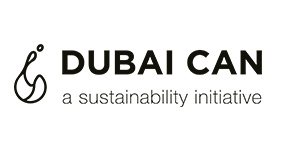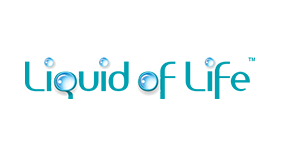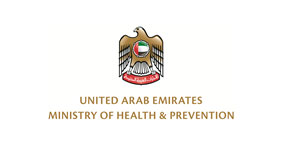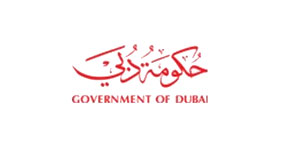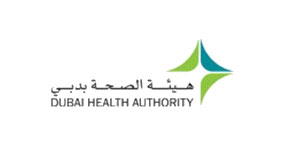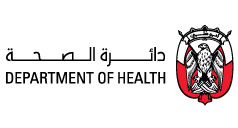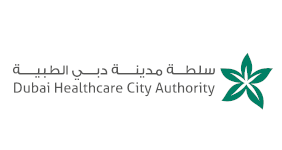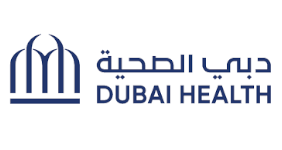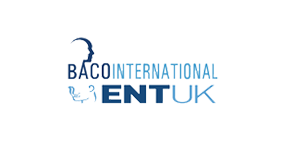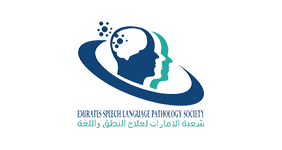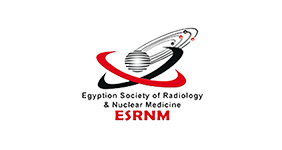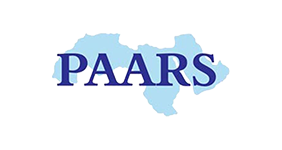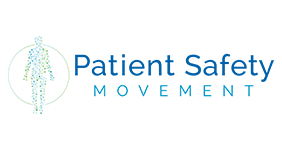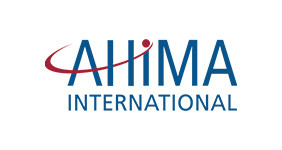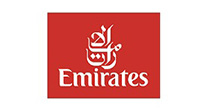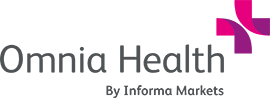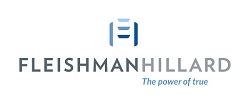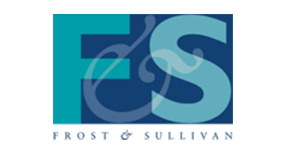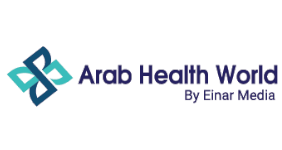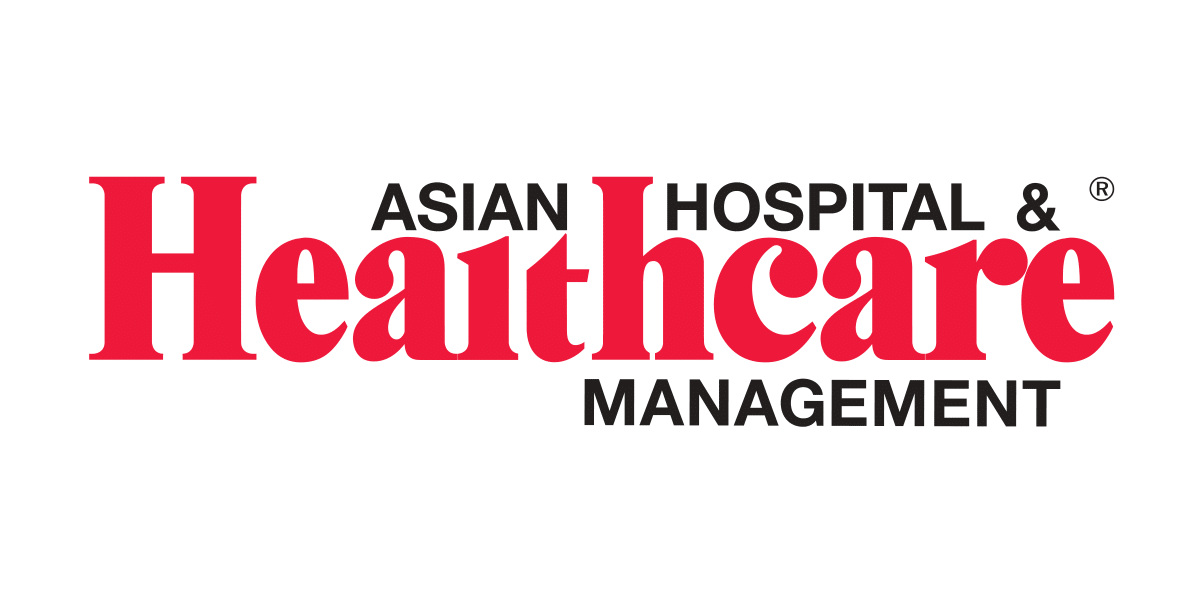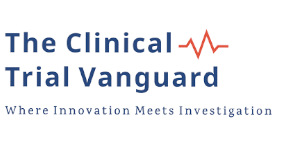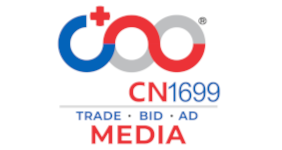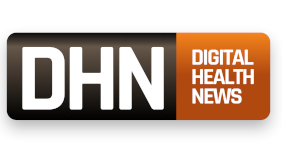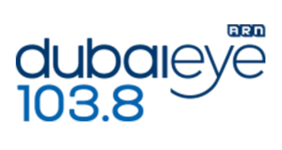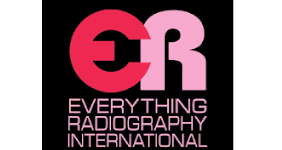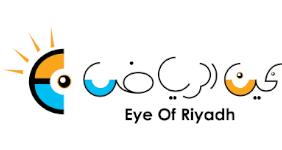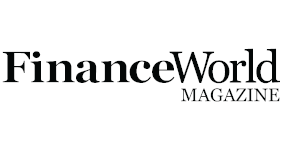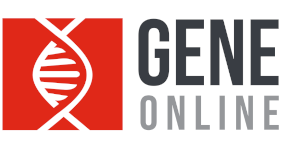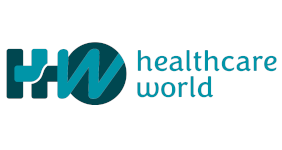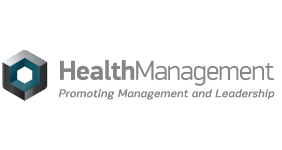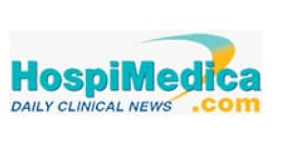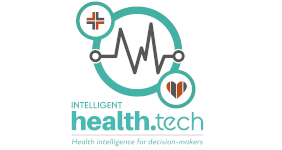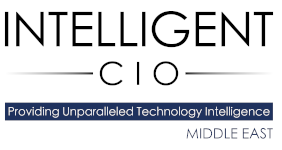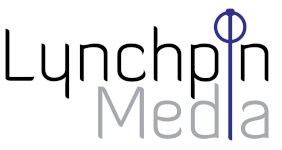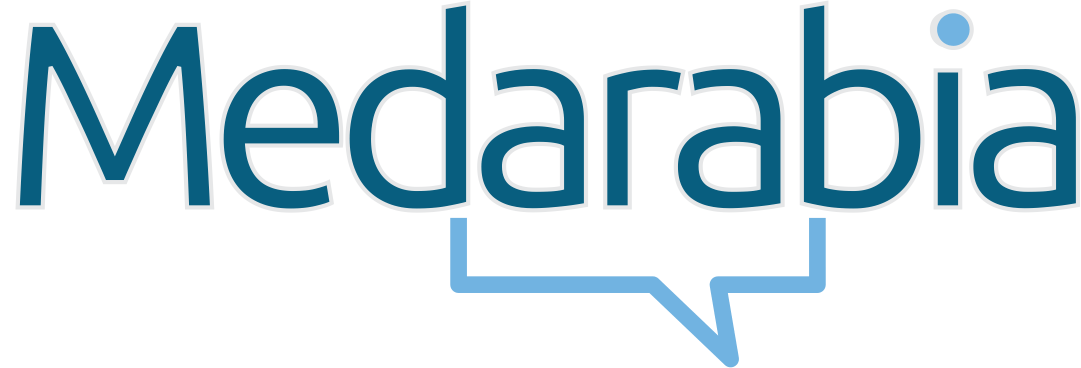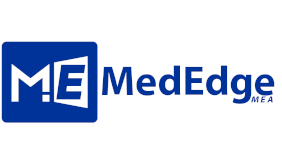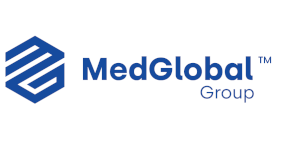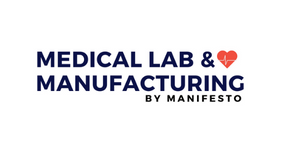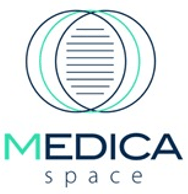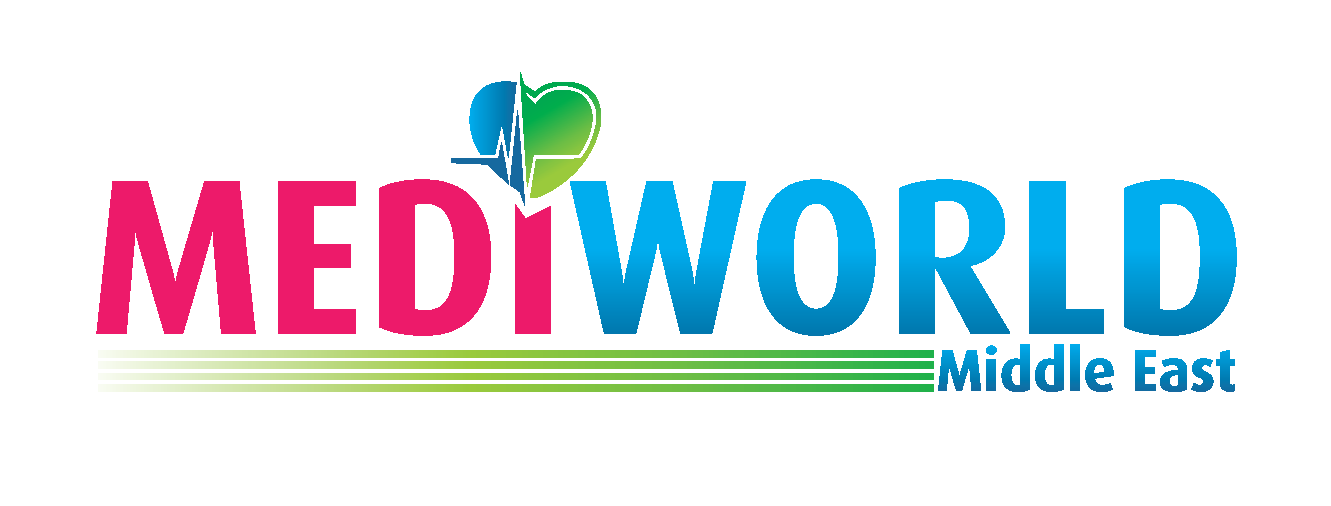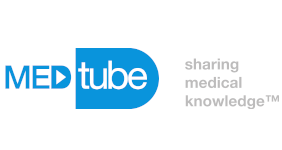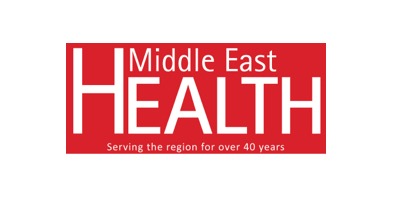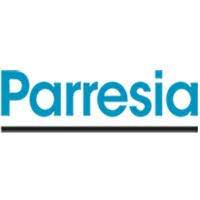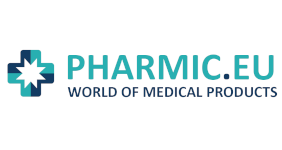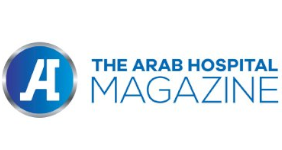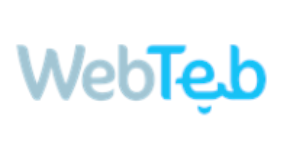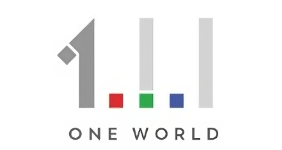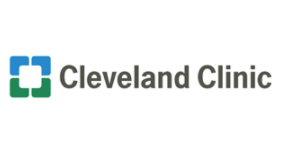Dr. Azad Moopen, the visionary Founder Chairman and Managing Director of Aster DM Healthcare, always believes that healthcare is more than a business, primarily a service dedicated to saving lives and restoring wellness. The journey, that Dr. Azad Moopen started with this strong conviction, has touched and made significant positive changes in the lives of millions.
Dr. Azad Moopen’s journey in developing the healthcare sector of the region has been phenomenal. Starting from a single doctor clinic in Dubai in 1987, Aster DM Healthcare has grown over the 31 years into a global healthcare conglomerate of more than 350 facilities spread across nine countries. Guided by his mission to provide quality healthcare at affordable costs at the door-step of people, Dr. Moopen’s efforts have played a significant role in shaping the healthcare delivery model of the region. Today, Aster DM Healthcare is an integrated healthcare service organisation, that provides the complete circle of care to people through its world-class network of hospitals, clinics and pharmacies, providing primary to quaternary care to all segments of the population. The Company is one of the largest integrated healthcare service providers in GCC and India.
Dr. Azad Moopen revolutionized the healthcare service in the region by creating a healthcare model and facilities which are accessible to different income groups and masses without compromising the service aspect of the noble medical profession. Along with providing medical care to millions of people across geographies, Aster DM healthcare now provides direct employment to more than 17,700 people, including 1,499 doctors, and 5873 nurses and para medicals as on 30th September 2018 and the numbers are still growing.
A dedicated philanthropist, Dr. Azad Moopen, has embarked on numerous social initiatives through Aster DM Foundation and Dr. Moopen Family Foundation. He strongly believes that profit is a by-product and not our purpose in healthcare, and his initiatives in the field of healthcare, education, women and social empowerment are providing hope to millions across geographies. He has earmarked 20% of his personal wealth for philanthropic activities enabling social change and helping people in need.
What do you think is currently driving the healthcare industry forward, both in the Middle East and Africa region and globally?
In Middle East, due to conducive government policies, the private sector is supporting infrastructure growth by introducing specialist care, adding bed capacity and attracting top talents to work in specialized state of the art facilities. Best practice standards are being applied and accreditation by independent bodies such as Joint Commission International is helping ensure quality of service and positive patient outcomes. In this regards, UAE leads the market with the maximum number of JCI accredited facilities bringing in world-class quality care to the masses.
A growing population and health insurance schemes that are being unrolled in several GCC economies is pushing the industry to transform and update their service offering, improve accessibility and reduce costs even faster. Technology will play a key role in how care is delivered in the region in the coming years.
In Africa, the growth is propelled by the large population and demand-supply gap.
What current trends do you see specifically in the UAE healthcare industry and what do you see as the growth areas going forward?
The exponential increase in lifestyle diseases and aging population in the GCC are main cause for growth of healthcare services. Dedicated free zones for the healthcare sector, with increased emphasis from the government to make healthcare facilities of international standards locally available, supported by new reforms to encourage business investments have made the market quite attractive for local and international players alike. The private and public sectors are working closely to strengthen capacity in secondary and tertiary care delivery, set-up specialist centres of care and introduce advanced capabilities to treat patients, all in an effort to establish UAE as the medical tourism hub in the region.
We are also witnessing an increasing focus on innovation in healthcare, which can meet the evolving needs of the population and address challenges specific to the region. The role of technology is being acknowledged and considerable efforts are being taken to support innovation and medical research. The launch of Sheikh Mohammed bin Rashid Al Maktoum Fund to Finance Innovation and Dubai Health Strategy 2021, which puts great emphasis on innovation, are some initiatives which will deliver results. Furthermore, as technology improves access, we can expect a shift in healthcare approach to focus more on preventative care and less on episodic or acute care.
What are the major healthcare market segments that are likely to expand, and why is this so?
Care at home through telehealth and e-health applications will help reduce pressures on the health infrastructure and ease access to medical care at the location of their choice. Advances in wearable technology and access to information on their smartphones will enable patients to be better informed and also assist with more accurate diagnosis.
What, according to you, are some of the practical steps the region can take to improve their national health systems?
National health systems across the board must be focused on prevention rather than treatment in the acute stage, especially given the growing incidence of preventable chronic conditions such as diabetes and hypertension. Continuing to encourage international healthcare providers to invest locally and strengthen capacity in advanced care will also reduce the outward tourism rates. A key challenge also has been the low availability of qualified healthcare professionals who can staff the state-of-art facilities being built. It is important that more medical and paramedical teaching institutions are set up by government / private sector in GCC. The latest introduction of the 10-year visa for doctors, scientists and researchers will help in solving this need. Lastly, while mandatory healthcare insurance is encouraging more patients to seek treatment locally, key policies need to be set in place to safeguard the interest of all parties.
How important is innovation in healthcare? What are the technological, medical and strategic innovations that your company brings to the healthcare arena?
As I see it, innovation in healthcare is the way-forward to address the evolving healthcare needs of the population and provide treatment options to complex and chronic diseases. According to a WHO report, chronic diseases account for almost 60% of all deaths and 43% of the global burden of diseases. With high prevalence of chronic conditions like diabetes and cardiovascular diseases in the GCC, innovative measures to prevent them, reducing risk if acquired and promoting well-being will be essential. We see great potential in the use of technology to enable universal access at affordable price points and play a key role in the prevention and management of these diseases
At Aster, innovation is a core focus of our strategy to meet patient needs and make quality care more accessible and affordable. With this thinking we introduced the Aster Chronic care@home monitoring system for diabetes and hypertension-enabling doctors to keep a regular check on their patients and proactively take measures incase any regular readings show abnormality. Similarly, teleconsulting is another facility that we have developed to allow doctors to consult patients across geographies. Use of robots in advanced surgeries, robotic pharmacy used of advanced technology and equipment’s like 3D modeling, advanced cathlabs, normothermic perfusion machine for transplants, online pharmacies are just some examples of innovation that we have introduced within the Aster DM Healthcare network.
What new products or innovative technology will you be showcasing at Arab Health 2019?
Our focus for Arab Health 2019 is on the healthcare retail offerings of Aster DM Healthcare. This year we have partnered with Arab Health as a Happiness Partner and have an exclusive stall wherein through various VR based activities we are highlighting the importance of good health & happiness.
What is unique or new about the products you are presenting at Arab Health this year?
Aster Pharmacy is one of the UAE’s most awarded pharmacy chain and its growth through three decades has left footprints in every neighborhood in the UAE and beyond. We offer a diverse product line of more than 20,000 products and in-house brands.
Not only that, we provide our customers with UAE’s 1st Pharmacy Reward Program “Aster Secure Rewards Program” and we take pride in being the first and only pharmacy chain in the GCC with an e-commerce platform AsterOnline.com
This year we are also showcasing our two new business ventures Aster Opticals & Beleaf. Aster Opticals, is our network of optical outlets with an aim of redefining eye care with path-breaking solutions, world-renowned brands, qualified opticians and experts.
Beleaf is born out of the need to make healthy lifestyle pocket-friendly and within the reach of everyone. It offers products by combining the purity and goodness of natural ingredients.
As a company closely associated with Arab Health for the past several years, how would you evaluate the impact of the event on the healthcare industry in the MENA region?
Arab Health has been the pioneer event in the region, which allows the networking of healthcare professional & business. New products are displayed, and ideas are discussed in the Forum. Learning drives innovation and this should be a continuous process. With some of the greatest minds in the sector coming together under one roof- the decisions made here and the partnerships signed will continue to benefit the regional healthcare sector positively.
What, according to you, are the real benefits and opportunities available to healthcare and trade professionals to attend Arab Health?
The UAE is the world's fastest growing medical tourism hub, with total health expenditure allocation jumping from the current $23 billion to $28 billion by 2021. The exposure to technologies and services gained from Arab Health will undoubtedly foster advances in technologies and their application in healthcare services in line with the National Innovation Strategy. These could result in efficiency gains made from the use of IoT and access to data, breakthrough therapies and drive further international investments.
